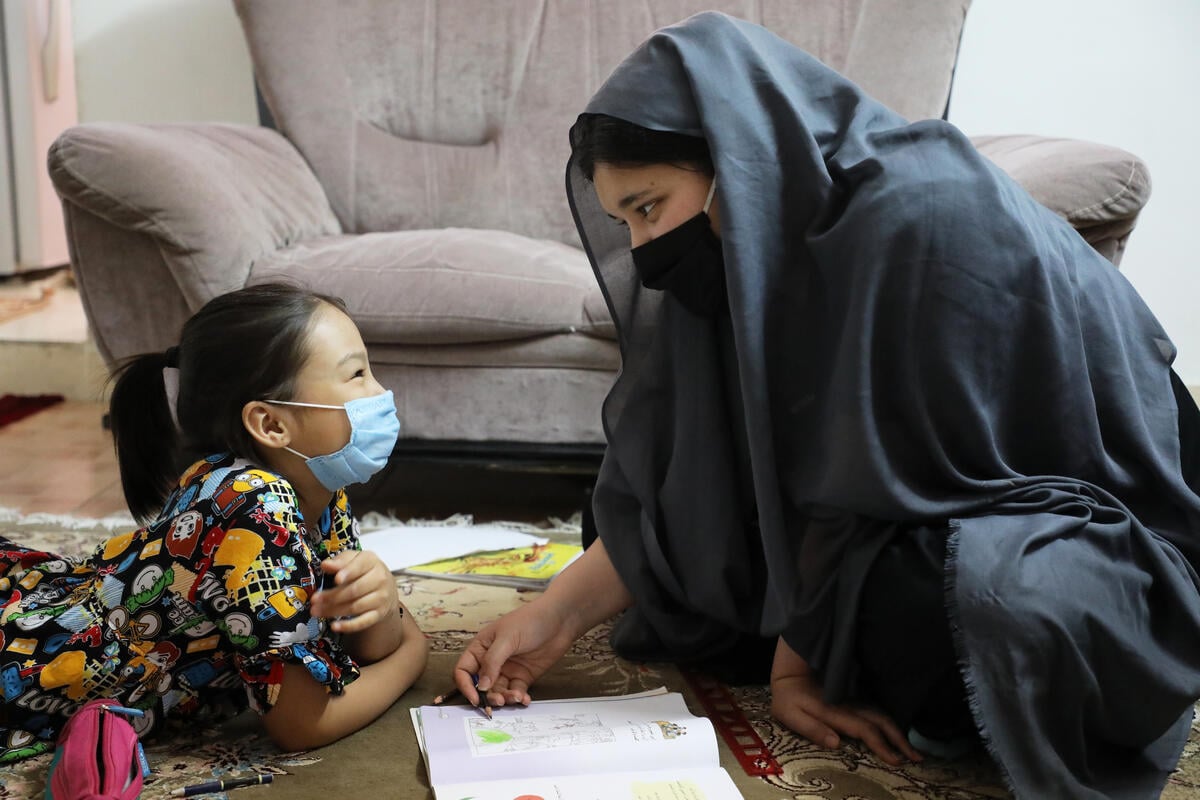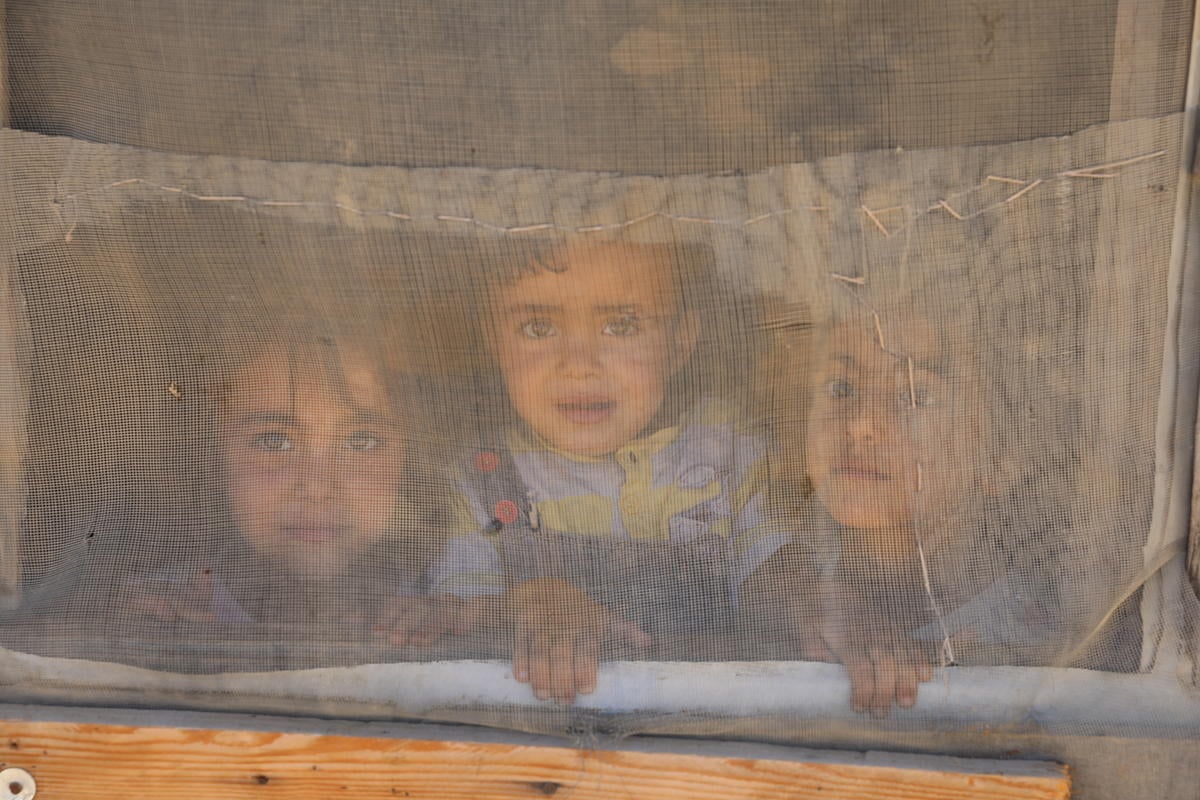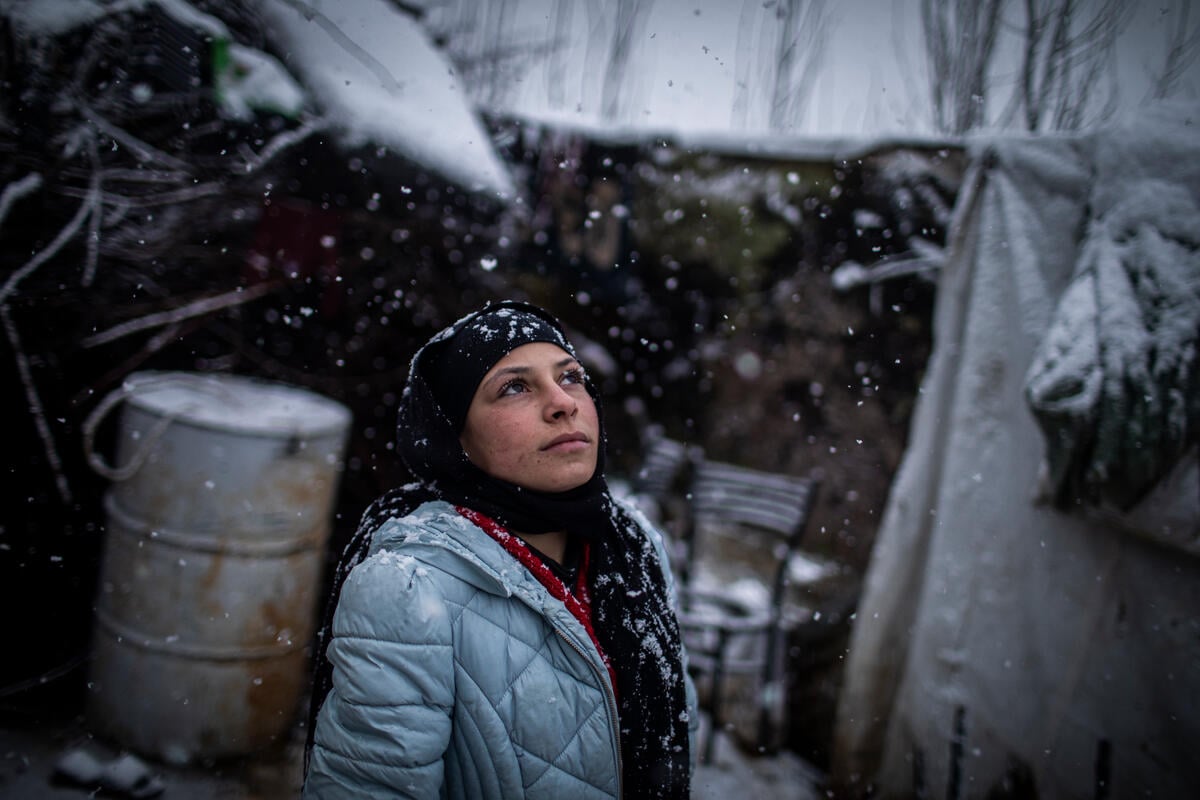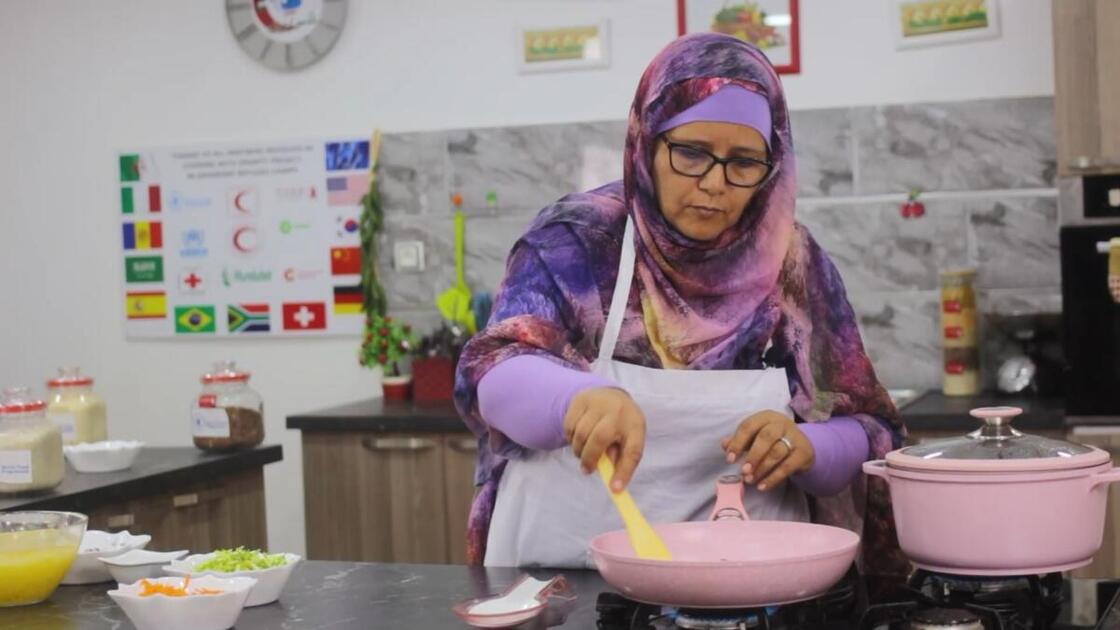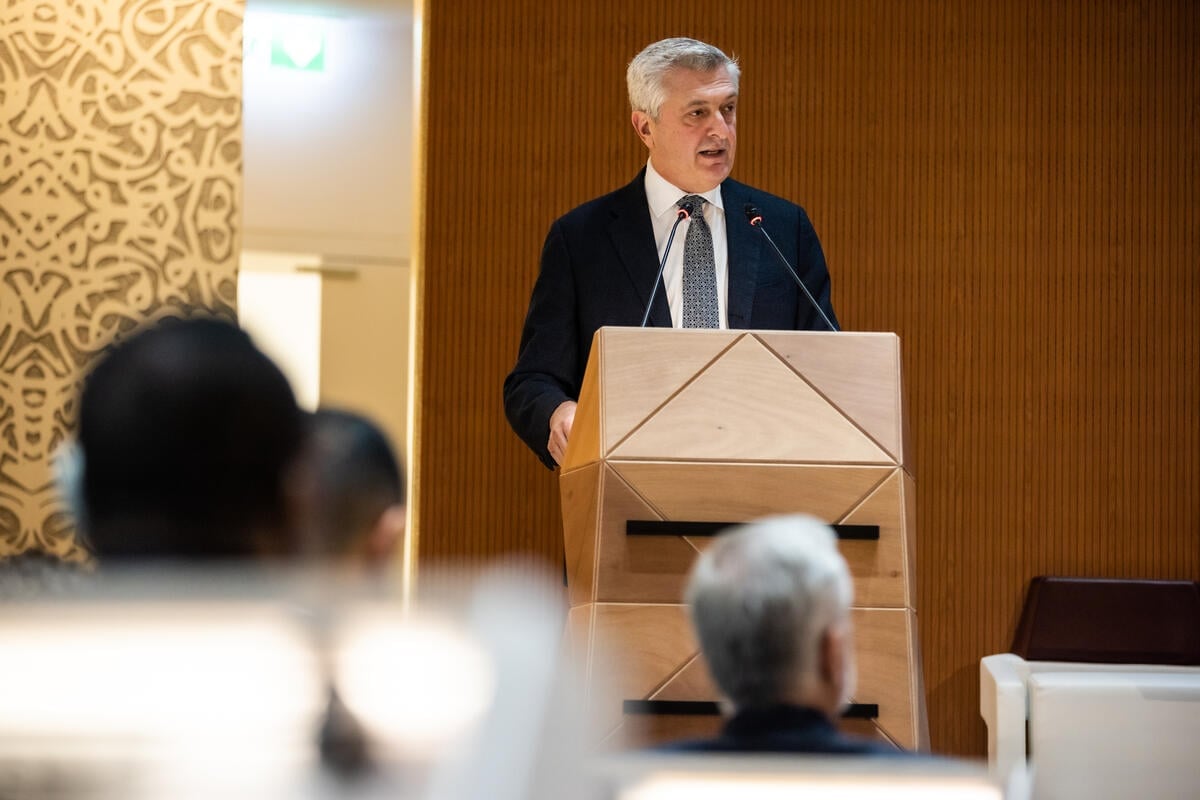Urgent support needed as COVID-19 inflicts hardship on refugees and migrants from Venezuela
Urgent support needed as COVID-19 inflicts hardship on refugees and migrants from Venezuela
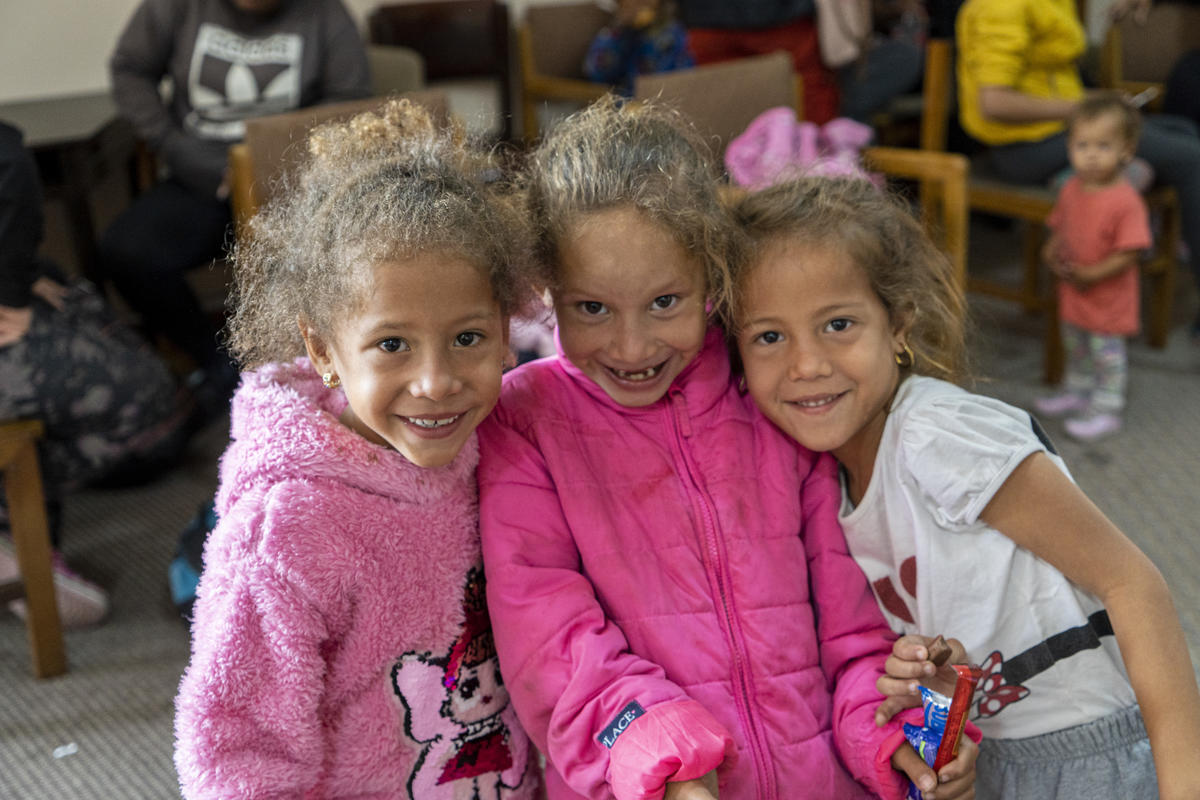
With the COVID-19 pandemic threatening the safety and future of millions of refugees and migrants from Venezuela and their host communities, more than 150 organizations working across 17 countries in Latin America and the Caribbean are appealing to the international community for an urgent increase in support.
Since the outbreak of COVID-19, Venezuelan refugees and migrants are now faced with a myriad of challenges, including the loss of livelihoods, evictions as well as increasing stigmatization. Many are often unable to access basic health and hygiene facilities and to comply with physical distancing measures. Those living in an irregular situation and without documentation also risk being left out of national health and social welfare programmes.
“Coronavirus is pressuring our societies in ways we could have never imagined. For Venezuelan refugees and migrants, the pandemic exposes them to even greater hardship as many are now struggling to survive, away from home,” said Eduardo Stein, Joint UNHCR-IOM Special Representative for refugees and migrants from Venezuela.
“Venezuelans across the region are now faced with hunger, a lack of access to medical care, the prospects of homelessness and xenophobia.”
Increasingly vulnerable, many are also at risk of exposure to gender-based violence, stigmatization, exploitation and abuse.
In response, humanitarian organizations revised the Regional Refugee and Migrant Response Plan (RMRP)Link is external, launched in November 2019. This US$1.35 billion regional plan prioritized activities to address the most pressing protection, lifesaving and integration needs of refugees and migrants from Venezuela. The updated requirements of the RMRP now amount to US$1.41 billion, around one third of which are for COVID-19-specific activities.
The main increases will support refugees and migrants in extremely precarious situations, especially those in urgent need of food, shelter and health services. It will also cover the provision of personal protective equipment and activities aimed at providing vital information on the pandemic and available services.
The Response Plan complements the tremendous efforts governments in the region have put in place to alleviate the needs of host communities. The inclusion of refugees and migrants in national responses and programmes – ranging from the delivery of basic goods and food packages, social welfare efforts, and the efforts aimed at halting evictions – has been and continues to be vital.
Given the quarantine measures in place across the region, the delivery of many activities in the Response Plan have been adjusted to provide assistance through remote modalities, including through enhanced cash-based assistance.
Other prioritized activities include the establishment of mobile health facilities for the testing and referral of COVID-19 cases and the upgrading of shelters with adequate physical spacing and improved sanitary conditions.
This is in addition to the provision of technical support to national authorities to complement their efforts in the COVID-19 response and the establishment of early warning systems and rapid response mechanisms to contain the spread of the pandemic among refugees and migrants. Crucially, refugees and migrants, irrespective of their status, need to be included in national health responses.
“While the COVID-19 pandemic has yet to reach its peak in Latin America, overstretched public health services will continue to be challenged over the coming months. We urge the international community to generously provide support through this revised response plan,” Stein said.
The regional response plan for Venezuelans remains dangerously underfunded. To date, only four per cent of the required funds have been met. To support the largely underfunded work of the 151 organizations who are part of the Regional Inter-Agency Coordination Platform (R4V) response, a virtual Pledging Conference will be convened towards the end of the month.
The coordination of the humanitarian, protection and integration response for refugees and migrants from Venezuela is conducted through the R4V. Within this framework and in a coordinated effort, the RMRP forms part of the updated COVID-19 Global Humanitarian Response Plan, issued by the UN Secretary-General earlier this month.
More information on the revised response plan is available here: https://r4v.info/es/documents/download/76210Link is external.
For more information, please contact:
In Panama:
- Olga Sarrado, UNHCR (sarrado@unhcr.org) +507 6640 0185
- Daniela Rovina, IOM (drovina@iom.int) +507 6312-8294
In Geneva:
- Shabia Mantoo, UNHCR (mantoo@unhcr.org) +41 79 337 7650
- Angela Wells, IOM (awells@iom.int) +41 79 403 5365



